WELCOME to Broadfield Primary School
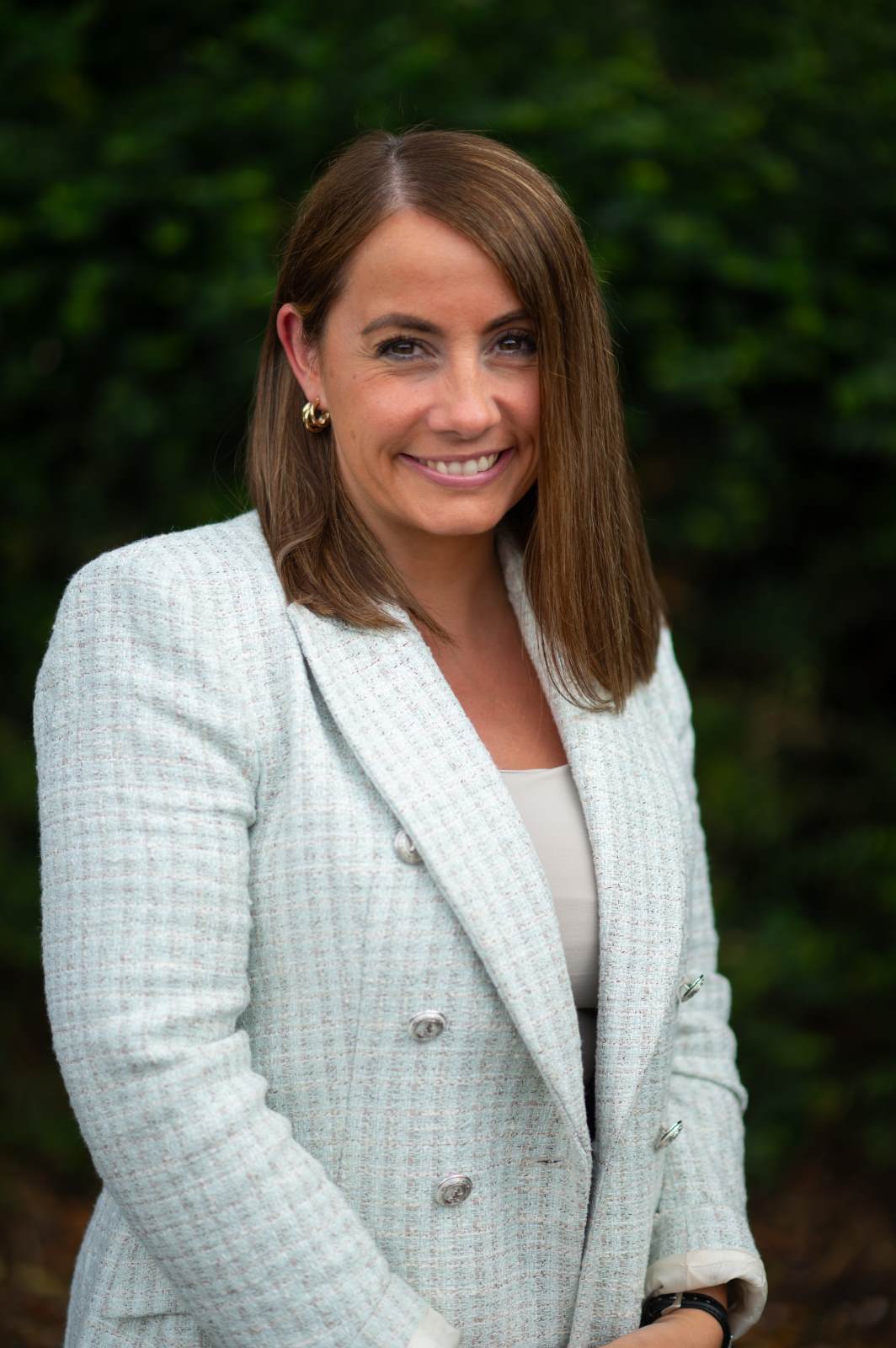
Broadfield Primary is an inclusive and vibrant school where every child is valued and encouraged to reach their full potential. With a dedicated staff team and a rich, diverse curriculum, we promote academic excellence while celebrating the uniqueness of our community. Our Broadfield values guide pupils to become lifelong learners, and we are committed to supporting their academic, pastoral, and wellbeing needs—because Together We Can Achieve.
As part of the Pinnacle Learning Trust, we benefit from collaboration with other aspirational schools, enhancing opportunities for all pupils. We value strong partnerships with parents, recognising that children thrive when home and school work closely together. Please feel welcome to contact us with any queries or concerns.
— Mrs Elizabeth Moran, Principal
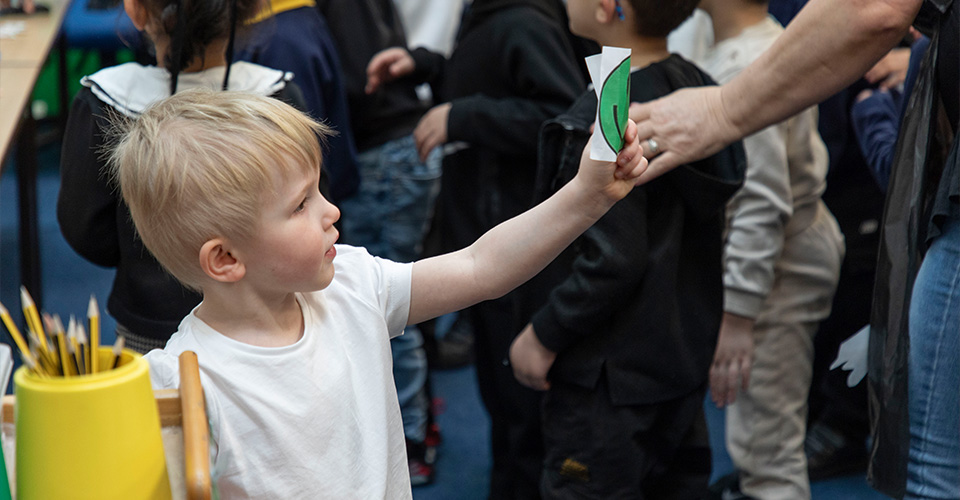
OUr Community say
- "The school is really good and the staff are helpful and experience."
- "It is a really good school with great teachers. I am really happy with feedback and the school's environment."
- "There is nothing you can do to improve as my child is one happy and settles little girl since she has started Acorns. She has come on well and I'm so grateful for the support we have received when needed."
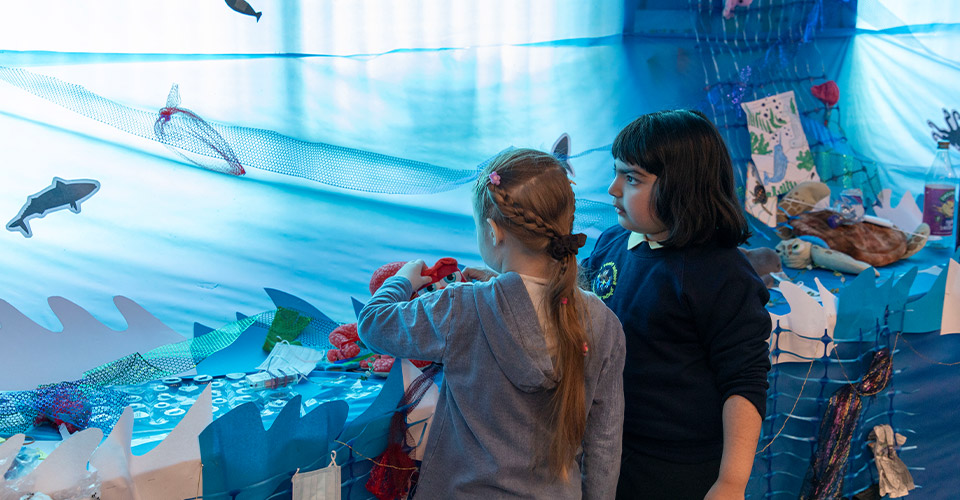

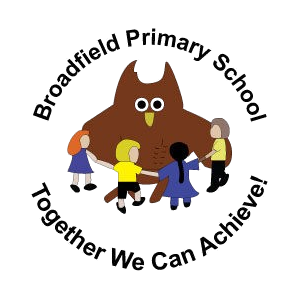
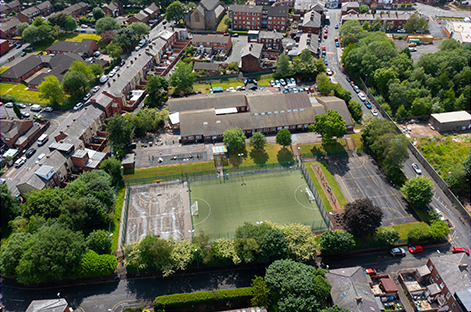

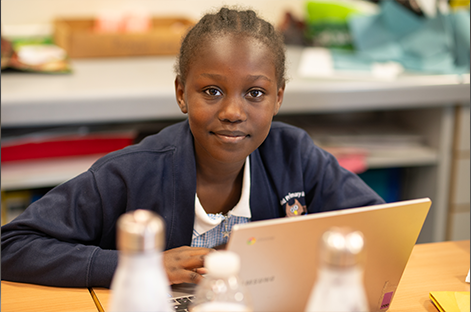

Our News STAY TUNED AND UPDATED